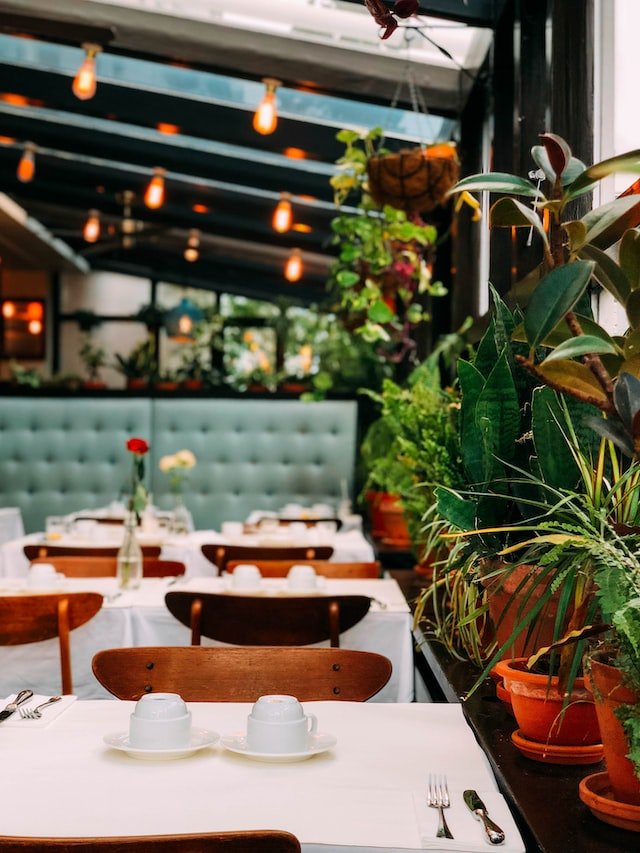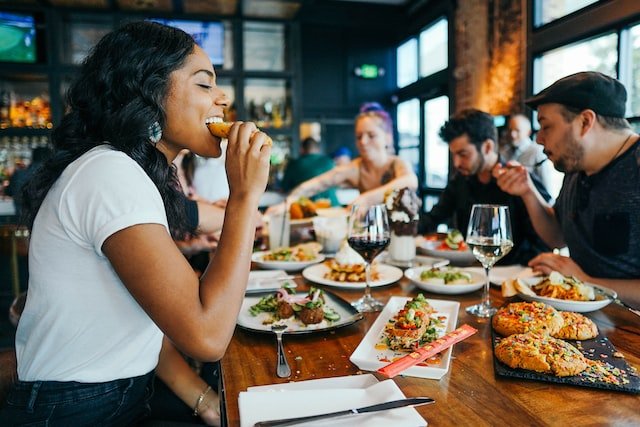
8 Things Successful Restaurants Have in Common

Running a successful restaurant is hard work. It takes passion, great food and the will to succeed. Here are eight things successful restaurants have in common:
1. Understanding Restaurant Business Fundamentals
Successful restaurateurs invest the time to educate themselves on how to run the business. From the back of house, front of house to the financials, education is key. Setting the business up right from the start is critical. Understanding the type of POS software that works best for your type of restaurant to where to order your supplies, will make or break your business. Stay up to date on what is trending in the business and connect with other restaurant owners to see what has worked for others.
One of the best ways to stay ahead of the competition is to attend industry events and trade shows.
2. Restaurant Insurance
Insurance for your restaurant should be top of the list, while you are in the planning and developmental stages. Accidents can happen anytime, and you need to be prepared for them.
The three key areas of coverage include property damage insurance, liability insurance, and workers’ compensation insurance.
Property damage insurance will protect your restaurant if it is damaged by fire, flooding, or other disasters. Liability insurance will protect you if someone is injured on your property. Finally, workers’ compensation insurance will cover the medical expenses of any employees who are injured while working at your restaurant.
Getting the correct type of insurance for your restaurant positions you well, if there is the unfortunate need to use it.
3. It’s All About the Food!
It’s all about good food, right! Identifying the right cuisine, chef and using quality ingredients is the perfect recipe.
Designing the menu is important. What types of dishes will drive patrons to keep coming back? Classic dishes that are well prepared will always be a winner. If you are going for modern cuisine or fusion-style, whatever it is…it will come down to taste.
Be creative with your recipes, and don’t be afraid to experiment. Just make sure it tastes amazing!
4. Location. Location. Location.
This should almost be first on the list. The location of your restaurant is incredibly important. You want to ensure that you are located in an area convenient for potential customers. If in a city, look for locations that will drive foot traffic. If in the suburbs, is the location easy to access via the highway and close enough to other restaurants and retailers?
Signage is important so be sure your restaurant is visible from the street and don’t forget about parking!
Choosing the right location for your restaurant can be tricky, but it is one of the most important factors in determining success.
5. Menu Design
Presenting your menu to the customers is so important. Whether you’re running a fast food shop or a fine dining establishment, the menu should be designed to entice the customer. It should also be easy to understand and the description of the food should make the customer’s want to order…everything!
If your menu changes daily, or monthly, based on seasonal products for example, research your local options for printing and plan in advance for upcoming changes.
6. Guest Experience
The guest experience can make or break a restaurant. Think about your own favorite restaurant experiences. The layout and design of the restaurant should be comfortable for the customer and for the restaurant staff to maneuver throughout a service.
The color palette, lighting and the music will set the tone. If partnered with the cuisine, the mood of the restaurant will come to life. Don’t forget about the acoustics. You want customers to be able to talk with each other, without having to yell because the kitchen or the music is too loud.
7. Owner Involvement
As the owner, how much involvement will you have with the day to day activities of the restaurant. Will you be hands on or will your general manager be responsible for running the show?
If you are investing in a restaurant, your management team should be top notch. If you are considering being more hands-on, as the owner, you will still need a strong team to support operations. Structuring the business with daily, weekly and monthly departmental meetings will keep the business growing and as the owner or investor, you will be in-the-know.
8. Financial Management and Planning
Restaurant ownership is much more enjoyable if it is profitable! It’s not all about hanging at the bar at the end of the day. Stay on top of the finances from day one and if accounting and budgeting are not your forte, hire a professional.
Be mindful of your profits and losses and stay aware of food costs, overstaffing on slow nights and keep an eye on general business expenses like rent and utilities. The most successful restaurateurs know where every penny goes and they spend wisely.
Featured Photo by Jay Wennington on Unsplash




































